JLL Income Property Trust Posts $23M Loss
Despite higher rental revenues and strategic acquisitions, higher expenses and unrealized losses weighed on results.
November 07, 2025

Revenue Grows, But Expenses Cut Into Gains
JLL Income Property Trust ended the third quarter with a net loss of $23.1 million. The portfolio grew, revenues improved, and new properties came online, but those gains were overshadowed by rising expenses and unrealized losses.
For the nine months ending September 30, 2025, revenue climbed to $331.9 million—an 8% increase over the same period last year. The bulk of this came from rental income, which rose to $313.4 million as new properties in healthcare, industrial, and residential sectors began contributing. Interest income from mortgage notes also edged higher.
But operating costs kept pace. Depreciation and amortization rose by $8 million, and company-level expenses continued to scale alongside portfolio growth. Overall operating expenses reached $262 million, compared to $256 million the year before.
Unrealized Losses and Interest Expenses Weigh on Bottom Line
The bigger impact came from below-the-line items. Interest expense totaled $61.7 million, and unrealized losses on financial obligations—primarily tied to the DST program—added another $30.6 million to the total drag. The DST program has expanded to roughly $2 billion in investor proceeds. While it remains a core fundraising mechanism, its fair value accounting treatment contributed to quarter-over-quarter variability.
The company’s asset base expanded to $5.68 billion, up from $5.00 billion at year-end 2024. Growth was driven by over $629 million in net new real estate investments. That includes a restructuring of the firm’s investment in Single-Family Rental Portfolio I, where JLL IPT converted its non-controlling interest into a controlling stake. The result: 1,900 homes are now fully consolidated on the balance sheet, supported by $387 million in mortgage financing.
Capital Activity and Share Class Expansion
On the equity side, JLL IPT issued $262 million in new common shares across multiple classes. That includes $100 million in Class D shares purchased by its sponsor, Jones Lang LaSalle Co-Investment, Inc. The firm also redeemed over 25 million shares for $291 million. Equity fell to $1.95 billion, down slightly from $2.00 billion, due to a combination of the net loss and continued repurchase activity.
Cash flows remained healthy. Operating activities generated $106.5 million in net cash, and the company drew an additional $380 million from its credit facility to support growth. The firm remains in compliance with all financial covenants, and has active hedges in place to manage exposure to floating interest rates.
New Acquisitions Add Square Footage and Sector Diversity
The quarter also included several key acquisitions. The company closed on four new assets:
- Richmond Distribution Center
- Naperville Medical Center
- Glendale Distribution Center
- The five-building West Raleigh portfolio
In total, these added over 2.3 million square feet to the portfolio.
New Offering and Advisory Fee Adjustments
In October, JLL IPT launched a new private offering, introducing four new share classes and rebranding several others. As part of this launch, the Advisor agreed to temporarily reduce its advisory fees for these new classes through the end of 2026, easing the total fee load across the capital stack.
The Board declared a fourth-quarter dividend of $0.1575 per share on November 4, payable December 29.
JLL IPT continues to pursue a sector-diversified, nationally distributed real estate strategy. As of quarter-end, the portfolio consisted of 138 properties and nearly 2,450 single-family rental homes across 28 states.
The business model remains focused on long-term income generation, while providing liquidity and diversification through public and private capital channels. With continued activity in both acquisitions and recapitalizations, the firm is positioning for growth into 2026—despite macro headwinds and continued volatility in rates and valuations.
Share
Read More Articles


